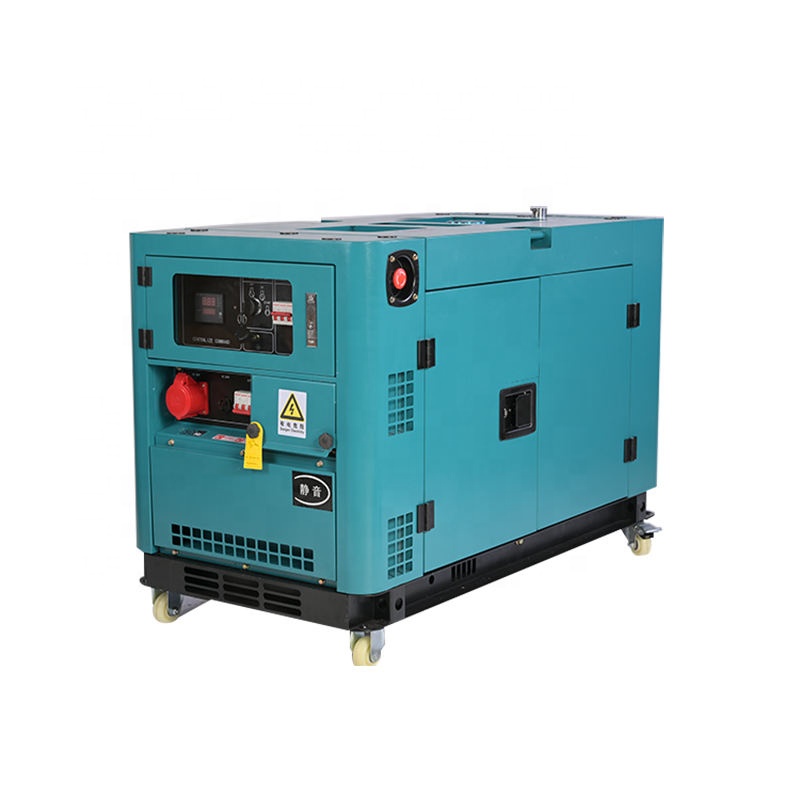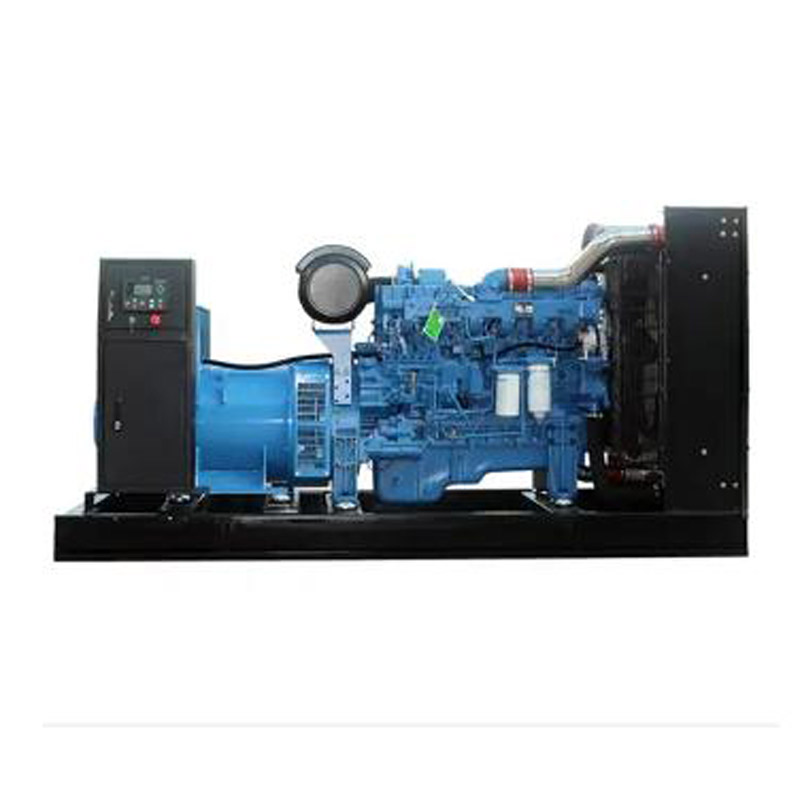WITH experts confirming that load-shedding is here to stay for the next few years, some homeowners are considering ways to go off the grid.
Recently, we shared tips to keep the WiFi on when the lights go off, but what about the fridge, aircon, stove and geyser? This week, we speak to Richard Fraser, sales director at Hire it Tool Time, who shares his knowledge – it’s the perfect how-to guide for the first-time generator shopper. 420cc Generator Engine

Firstly, let’s consider fuel and uninterrupted power supply (UPS) options.
“Generators are driven by petrol or diesel or even LP gas engines, which rotate copper wiring inside an electrical field to generate electricity. A battery inverter or UPS is not a necessity for a generator to run power into your home office,” said Fraser.
He added that a UPS backup is often used so that equipment does not switch off, especially in the case of server rooms.
“These UPSs have a run time of around 10 minutes so you have time to switch on a generator,” explained Fraser.
Generators range in price and purpose with many options on the market. Here is a breakdown of the price ranges from Fraser:
Power your lights and TV from R6K
At the entry level, generators can power lights, televisions and potentially a fridge.
“The cheapest option would be a 2.5 kVA petrol generator which retails for around R6K to R9K, depending on the brand and type. These would be a pull-start generator and would run lights, TV, and possibly a fridge in a normal, single-phase home,” said Fraser.
Related article: Trusty technology: Two ways to keep Wi-Fi on during load-shedding
Power a fridge and aircon from R12K
For Frazer, the R12K to R20K price range generator is the most common – with a longer list of household items it can run.
“Most commonly, we would sell between a 6 to 8 kVA generator, which would run lights, TV, a few fridges, a few split aircon units, a microwave and a kettle. This size would not manage to run an electric stove, but it may be able to run a geyser if some other items are switched off. These are key start units so are easier to start up,” said Fraser.
Power the whole house from R60K
A generator in the R60K range could power all home appliances.
“All single-phase homes in South Africa receive 60 amps from Eskom. To get this amount from a generator, you would require at least a 13.5 kVA generator. Households rarely use all 60 amps at the same time, and even so, for short bursts, so it is possible to get a smaller generator and manage the things that you use. If you wanted to run everything, a 13.5 kVA petrol generator sells for around R60K, “explained Fraser.
He added that a generator of this size would have an air-cooled engine, making it quite noisy.
Noiseless generators from R18K
Fraser noted that noise is an issue for many homeowners, such as those who live in a complex.
“We supply our Petrol Inverter Generator range which ranges from 2.2 kVA up to 7kVA, and pricing ranges from R18K to R76K. These units are quiet and light on petrol, however, pound for pound, they are quite expensive,” he said.
Also read: Power outages leave residents in the lurch
“On the upper end of the price range would be a 13 to 20 kVA Silent Diesel Generator in a Silent Canopy. Pricing ranges from around R115K to R180K. These units are quiet and have industrial water-cooled engines. They are also capable of being wired up to start automatically when the power goes off. As a general rule, petrol generators are not capable of being automatic starters,” said Fraser.
The installation cost is another factor to consider.
“The installation of generators needs to be carried out by a qualified electrician, who needs to supply you with a COC for insurance purposes and for health and safety,” said Fraser.
The installation costs will depend on several factors, such as the age and compliance of the existing distribution board.
“Roughly speaking, a home installation for an average-sized petrol generator should cost between R6K and R8K,” concluded Fraser.
For more from Berea Mail, follow us on Facebook, Twitter and Instagram. You can also check out our videos on our YouTube channel or follow us on TikTok.
Subscribe today from R70/month and get full access to our market indicators and data tools

Powerhouse Generator Set We use cookies to help improve your experience and to show you relevant advertising. To learn more about cookies, please read our Privacy Policy. OK